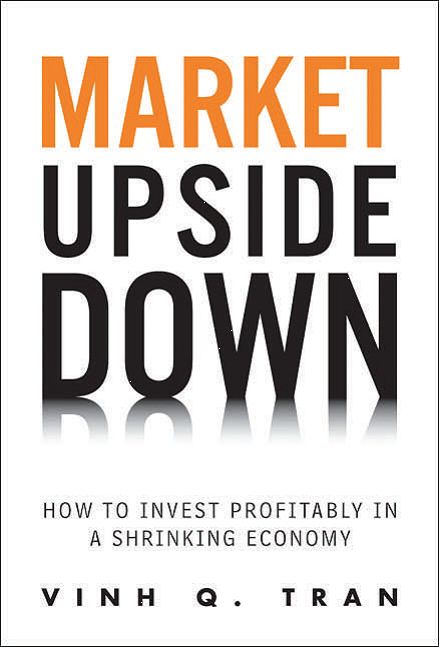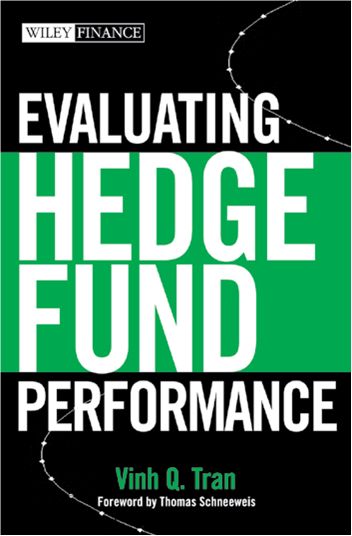February 16 –Today is the third day of the Year of the Tiger. Much of Asia is in slow motion and the Chinese banks have closed for a week of holidays. However, the Dow opens with a decent gain of some 60 points, more than making up for the loss on Friday. In Vancouver, excitement reigns as two Chinese ice skating pairs took the gold and silver medals, dethroning Russia, which has long dominated the sport since 1964.
Will China’s good fortune in sport carry over to the economic sphere and propel both China’s economic growth and its stock market forward in 2010, at a breath-taking pace similar to 2009? After expanding at 8.7% in 2009, China’s GDP is expected to rise by 10% in 2010. Propelling this economic expansion was a huge surge in bank lending which set a record in 2009 at CNY9.8 trillion ($1.5 trillion) and was 95.3% higher than in 2008. The real estate market also turned red hot, with property prices in Shenzen doubling while in overall China prices rose by 22% in 2009. Fearing a bubble, the government stepped in and raised bank reserve requirements by 0.5%, among other several measures aiming at cooling off the real estate market. The day before the start of the New Year, the government announced another hike of 0.5%. Although analysts expected a series of increases in reserve requirements later in the year, the pre-weekend move was unexpected and prompted a sell-off in Chinese and global stocks.
The global markets’ reaction underlined China’s predicament. Along with surges in property prices, consumer price inflation reached 1.9% in December, the highest climb in two years. However, the inflation rate eased off to 1.5% in January, surprising many analysts. Credit growth is projected to expand in 2010 still at a rapid rate of CNY7.5 trillion, smaller than in 2009, but much indicative of the ongoing glut of credit demand and how much China’s economy is dependent on credit –predominantly bank lending— and easy credit policies in order to grow. Any significant slowdown of credit expansion will surely squeeze the manufacturing and export sectors, at a time when global demand for its exports has slowed and the Western economies remain sluggish, with the risk of a double dip in the United States in the second half of the year.
China is still ruled by the imperative of fast growth. The easing of the inflation rate in January and the usual slow months after the New Year may give the People’s Bank of China enough of an excuse to be more relaxed. In this context, the unexpected year-end move in raising bank reserve requirements may be pre-emptive, rather than a warning of new rounds of tougher measures.
Who says reading the Chinese mind is easy?


